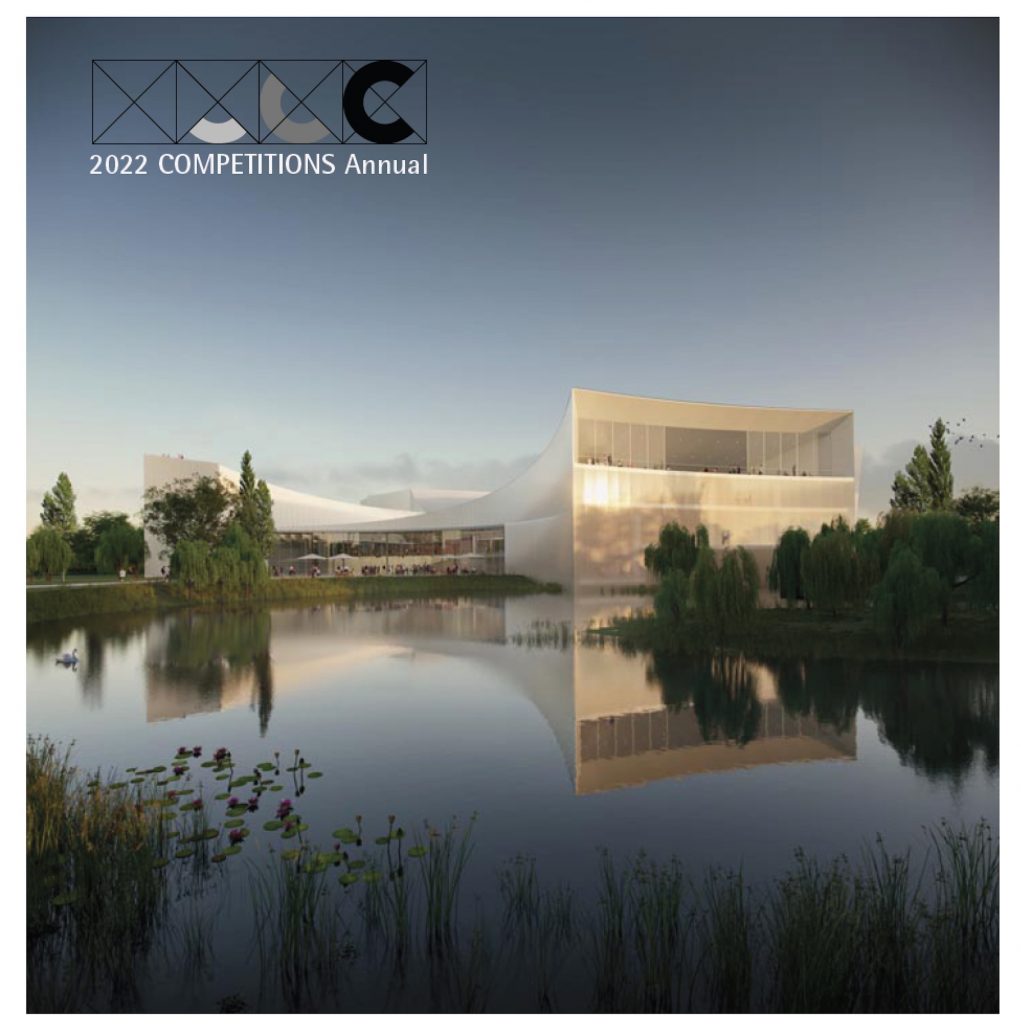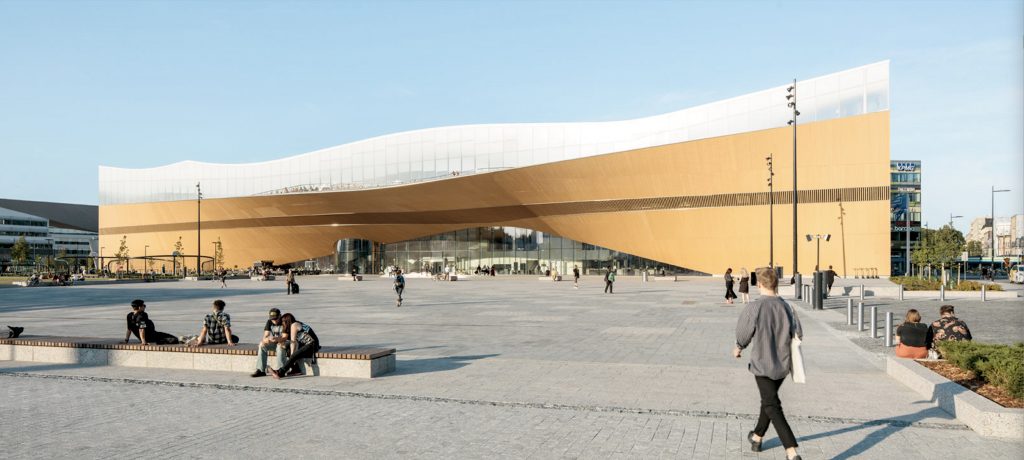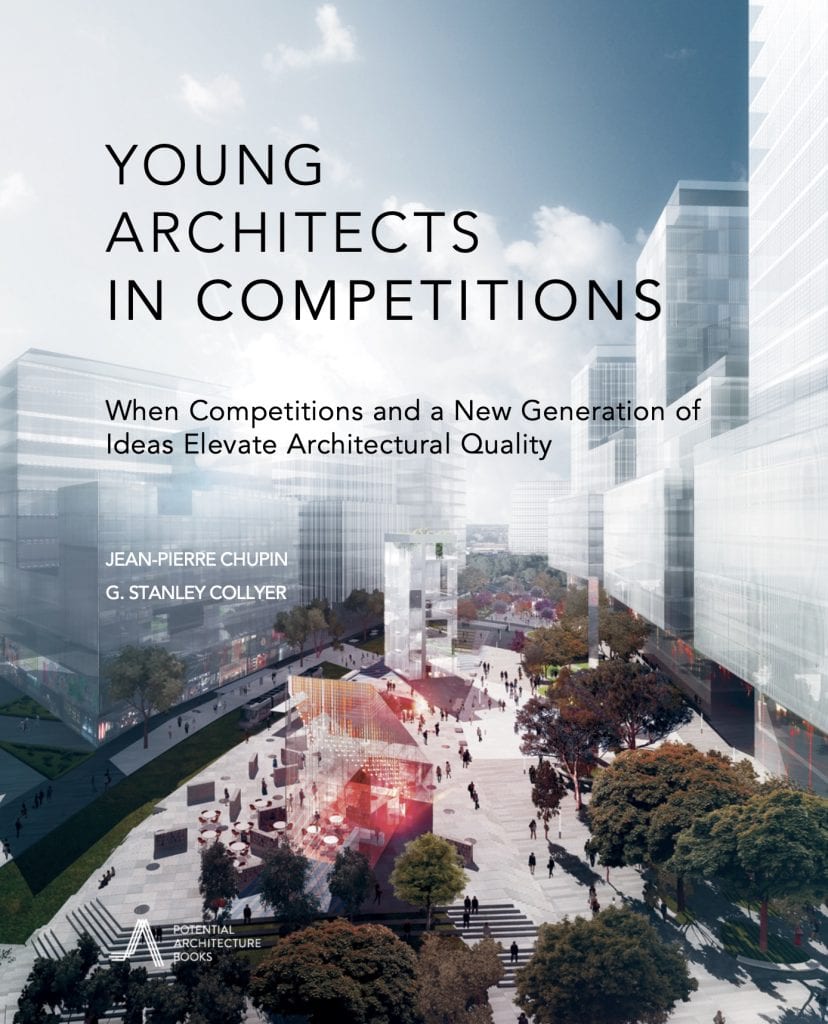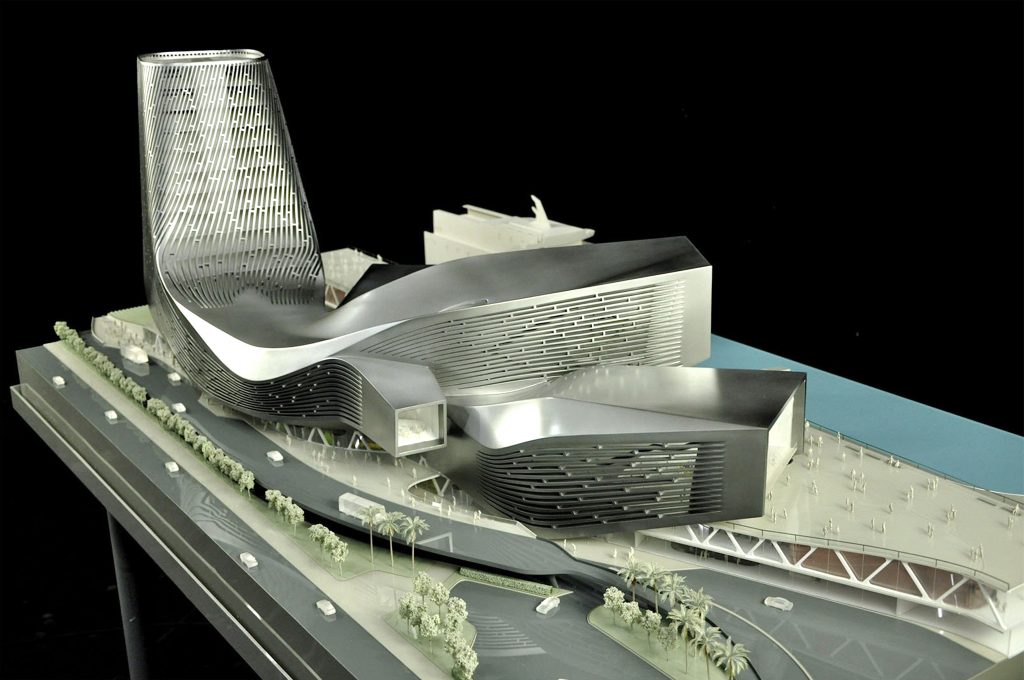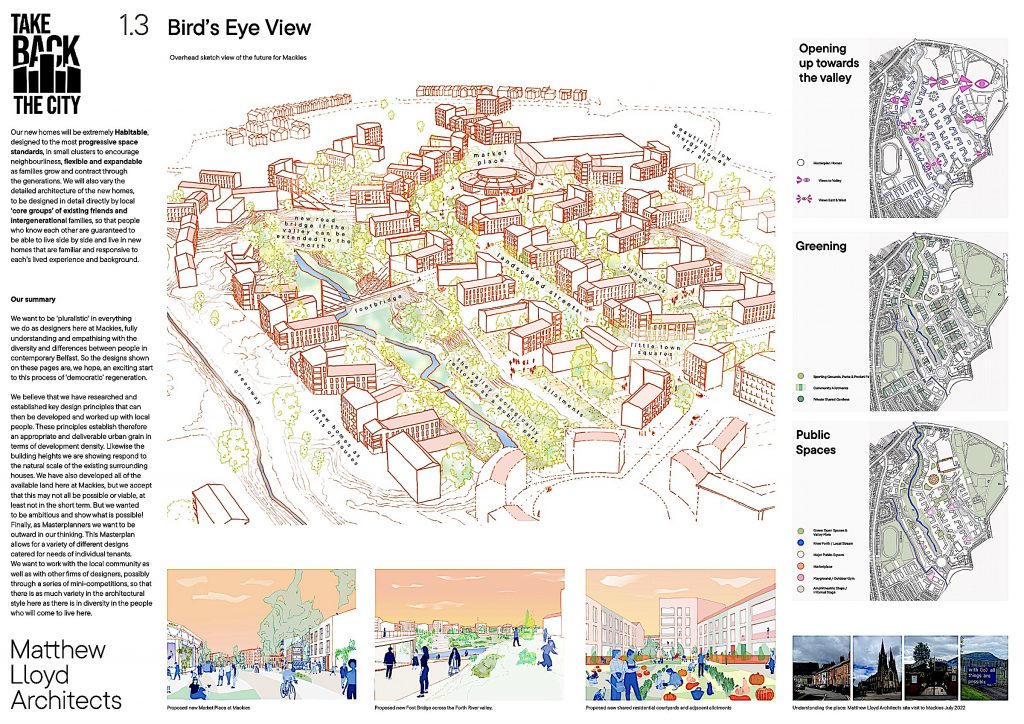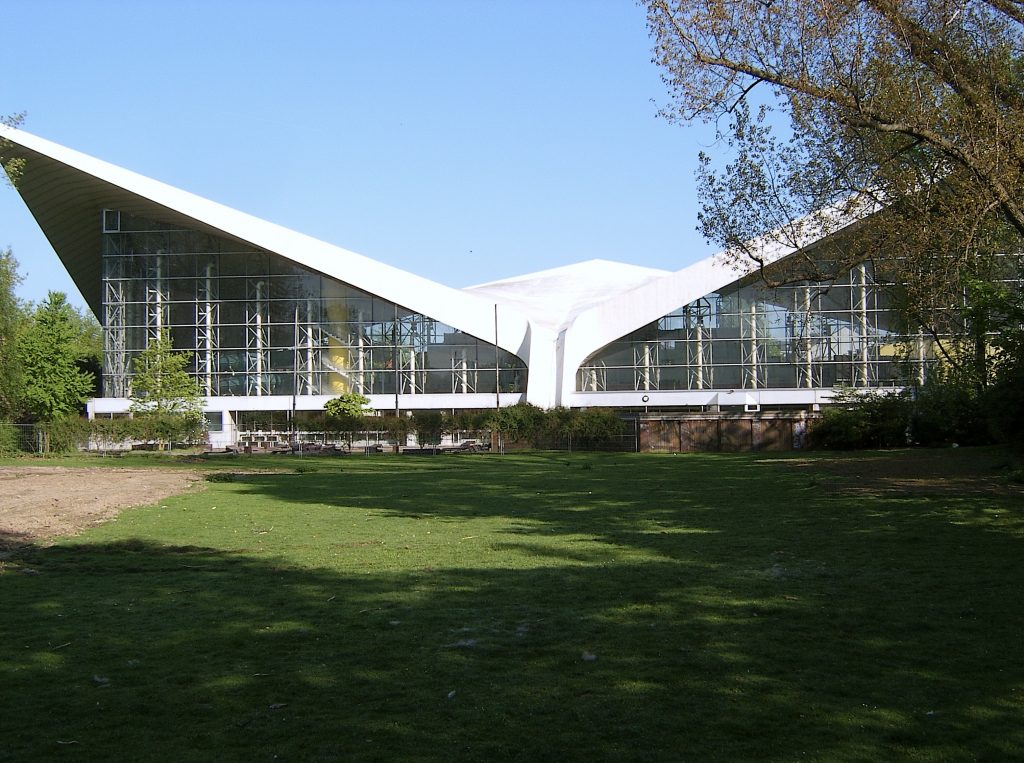Sponsor: German Government, State of Thuringia
Type: Open, two-stage, international
Location: Weimar, Germany
Languages: English, German
Fee: none
Eligibility: To be eligible to take part, candidates must reside in the EU, Switzerland, an EEA member country or a GATT
signatory country and be entitled to use the title “Architect” according to the architectural laws of that country, or
be entitled to work as an architect in the Federal republic of Germany according to EC directives, including, but
not limited to, the Directive on the Mutual Recognition of Diplomas in Architecture.
Timetable:
August 9, 2011 – Documents provided
August 22, 2011 – Queries answered
October 06, 2011 – Stage 1 entry materials deadline
November 2, 2011 – Stage one model submission deadline
November 29-30, 2011 – Stage 1 jury convenes
December 7, 2011 – Stage 2 brief issued
February 3, 2012 – Stage 2 submission deadline
February 22, 2012 – Stage 2 jury convenes
Awards:
A total of €169,000.00 has been set aside for prizes, allotted as follows (all prizes incl. value-added tax; net
sums in parenthesis):
1st prize €55,000.00 (€46,218.49)
2nd prize €45,000.00 (€37,815.13)
3rd prize €32,500.00 (€27,310.92)
4th prize €20,000.00 (€16,806.72)
5th prize €10,000.00 (€8,403.36)
For commendations: a total of €6,500.00 (€5,462.18)
Budget: The funding body can provide the following budget for the construction of Weimar’s new Bauhaus museum: cost
of construction alone = sum for building (cost groups 300 + 400): €14,500,000 gross.
Jury:
1. Christoph Matschie – Thuringia State Minister of Education, Science and Culture (TMBWK), Erfurt, Germany
2. Dr. Ingeborg Berggreen-Merkel – Head of Dept. under the Federal Government Commissioner for Culture and the Media, Berlin
3. Stefan Wolf – Lord Mayor of the City of Weimar
4. Hellmut Seemann, President of Klassik Stiftung Weimar foundation
5. Prof. Dr. Wolfgang Holler – CEO, Museums Office, Klassik Stiftung Weimar
6. Johann Philipp Jung – Director, Palaces, Gardens and Buildings Office, Klassik Stiftung Weimar
7. Manfred Ludewig – foundation donor, Berlin
8. Michael – Prince of Saxe-Weimar-Eisenach, member of KSW foundation council, Mannheim
9. Prof. Hilde Barz-Malfatti – Bauhaus Universität Weimar, Design and Housing Development professorship
10. Prof. Dr.-Ing. Werner Durth, TU Darmstadt, Faculty for the History and Theory of Architecture, Darmstadt, D
11. Prof. Jörg Friedrich – Leibniz Universität Hannover, pfp architekten, BDA (German Architects’ Association),
Hamburg, Genoa, Capalbio, D/I
12. Prof. Dr. Kurt W. Forster – Yale School of Architecture (New Haven, CT), USA
13. Prof. Barbara Holzer – PBSA Düsseldorf, Holzer Kobler Architekturen, Zurich, CH
14. Prof. Dr. Vittorio Magnago Lampugnani, ETH Zurich, CH
15. Dr.-Ing. Irene Wiese-v. Ofen, Essen City Councillor (Ret.)/ BBASS (Consultancy for Architecture, City
Planning and City Renovation), Essen, D
16. MD Günter Hoffmann, Architect, BMVBS, Head of Dept. for Buildings, the Construction Industry and Federal
Buildings, D
17. Dr.-Arch. Siegfried Camana, ANAB associazione nazionale architettura bioecologica, Gargnano, I
Technical adviser
Prof. Barry Bergdoll, Art History and Archaeology, Columbia University, MoMA Dep. Architecture and Design,
New York, USA
Design Challenge:
Weimar owns a unique collection on the background, history and after-effects of Staatliches Bauhaus, which
was founded here in 1919. In 1995 a temporary Bauhaus museum was set up. Now, thanks to a special funding
programme run by the German government and the state of Thuringia, the Klassik Stiftung Weimar foundation
is able to set up a new Bauhaus museum in Weimar. This project is part of the ‘Kosmos Weimar’ master plan,
which covers all the foundation’s facilities, giving Weimar the opportunity to set a succinct example in terms of
architecture and urban development.
This competition is for planning this new building for Weimar Bauhaus Museum. The purpose of the competition
is to find the best solution both for the new Bauhaus museum itself and for the location’s urban development
potential.
A key aspect of the first stage of the competition will be the development of a fundamental design concept,
selecting a suitable location within the competition site and tackling the open spaces surrounding it in the
context of urban planning. Furthermore, the urban design concept in Stage 1 is to include an appraisal of sites
for a possible future museum extension and a kindergarten.
In the second stage of the competition the focus is on working in greater detail on the architectural and interior
concept of the new museum building.
The solution to the task is expected to fit in with urban planning, be architecturally innovative and sustainable,
save energy and stand up to museological requirements.
Submissions:
Applicants are to register by simply sending an e-mail to the following address: wettbewerb-nbm@schuberthorst.
de. The registration is to include the following information: name of applicant, address, e-mail address,
telephone number. The briefing documents will be made available as a download from 9 August 2011. The
access code required to download the briefing documents will be sent to each applicant by e-mail from 9 August
2011.
For more information, contact:



























